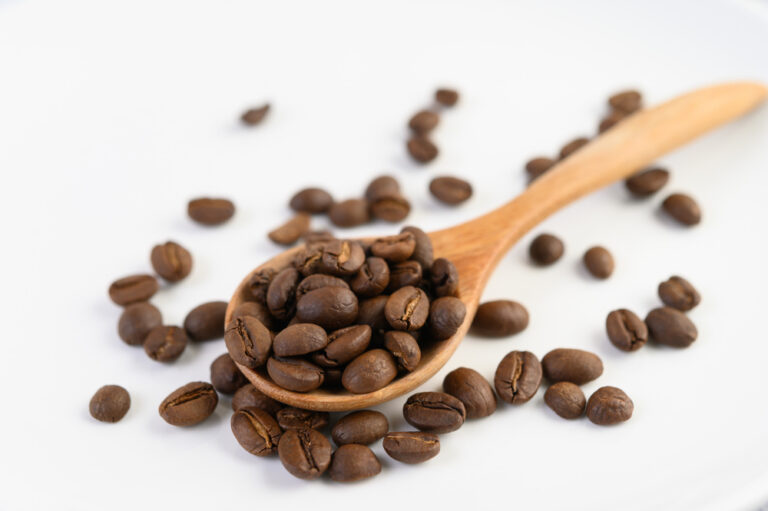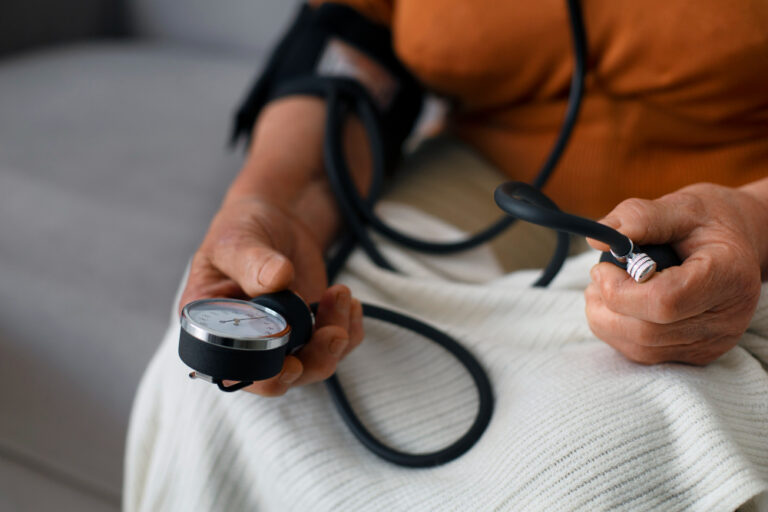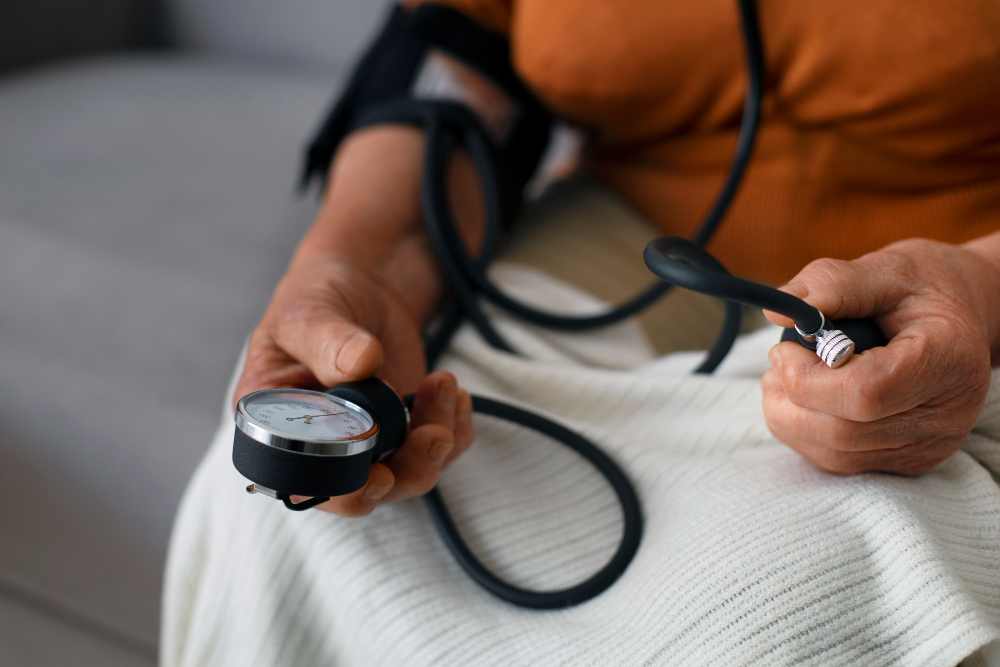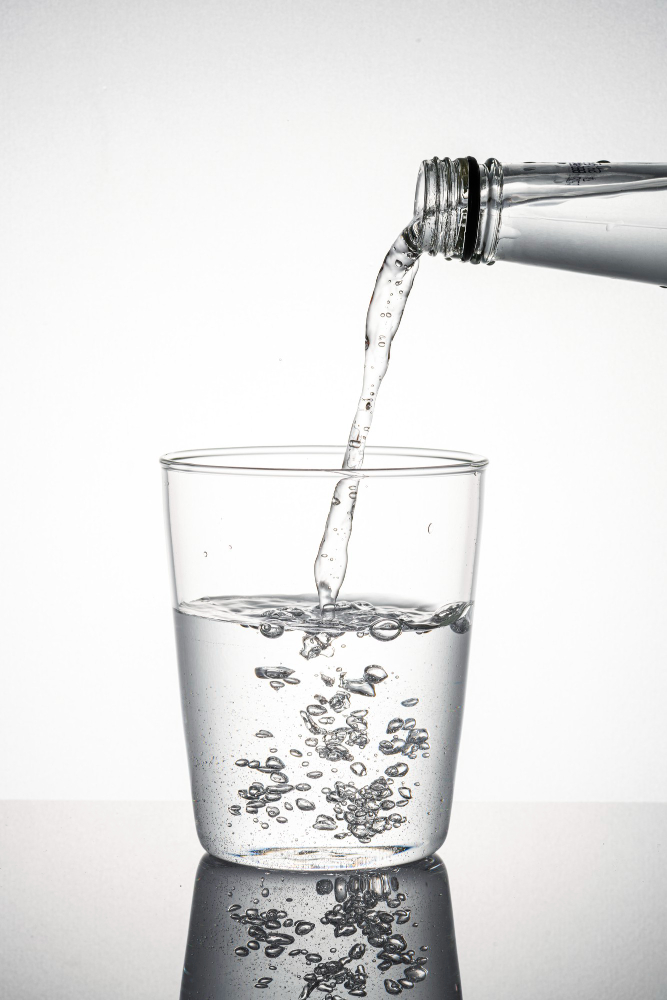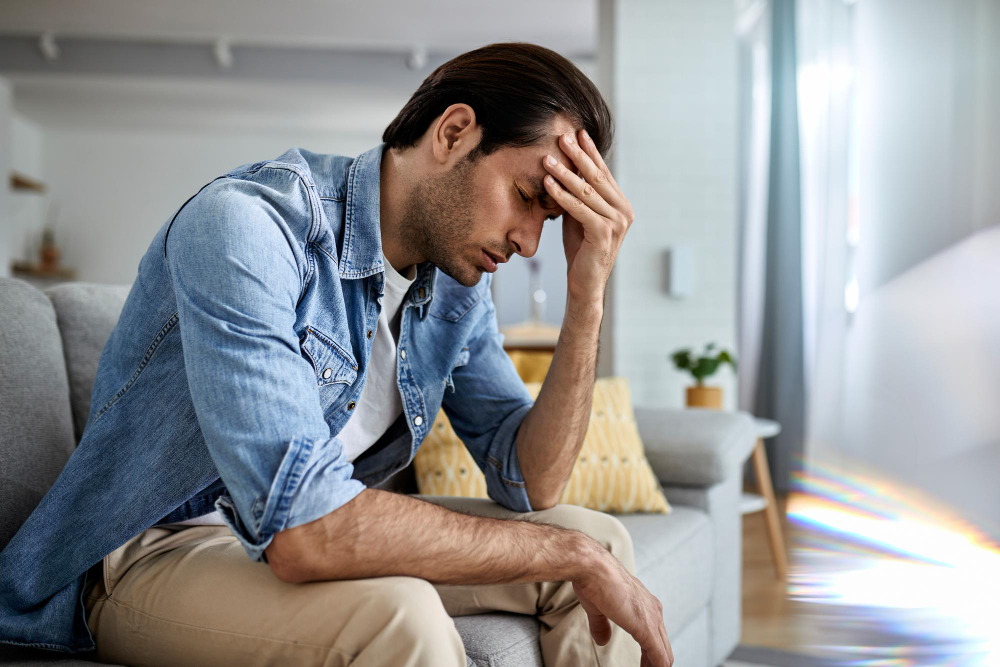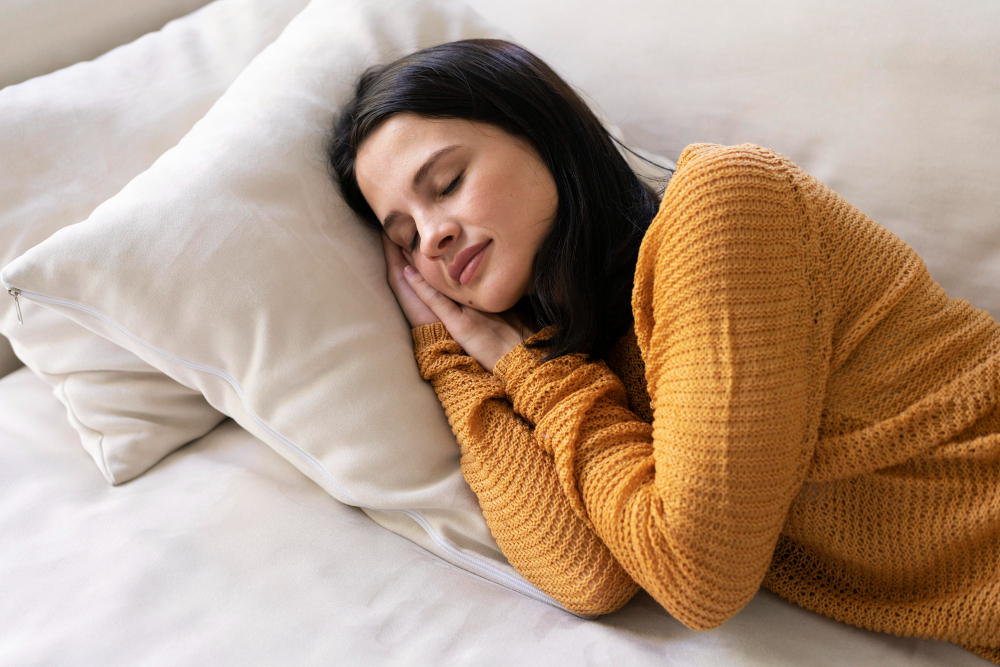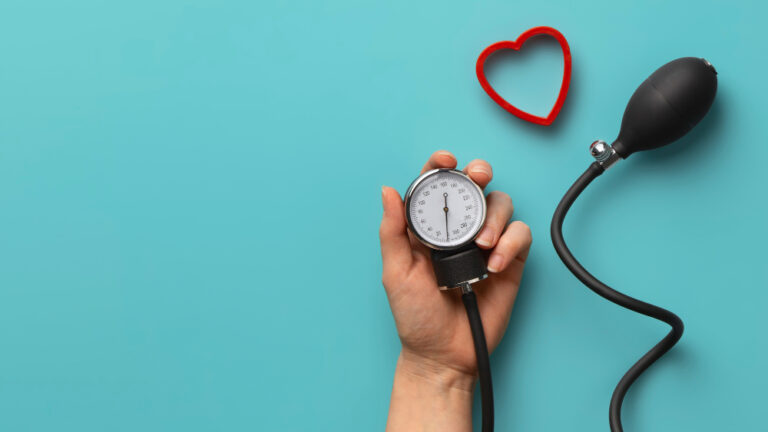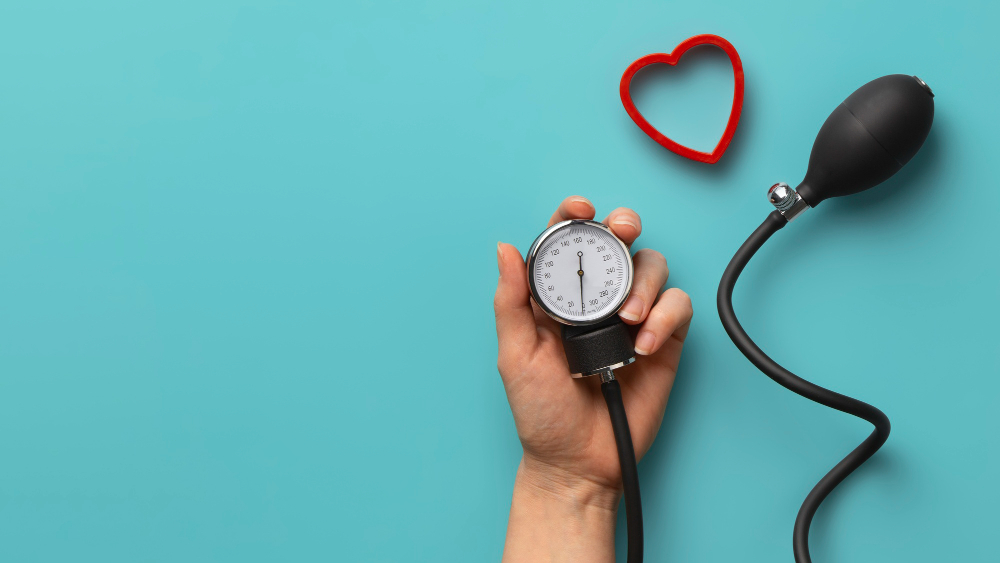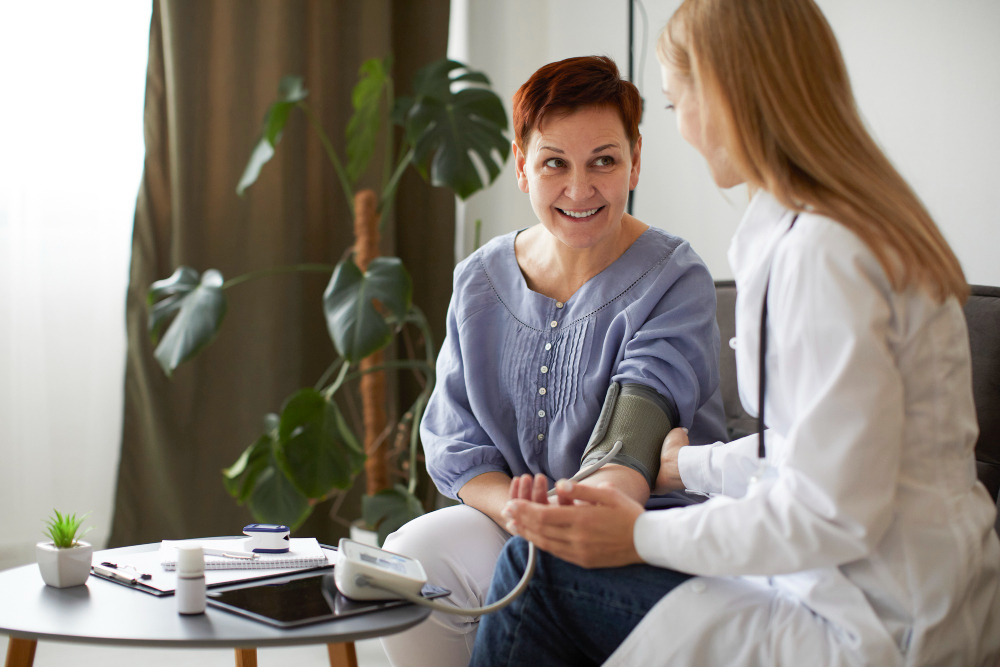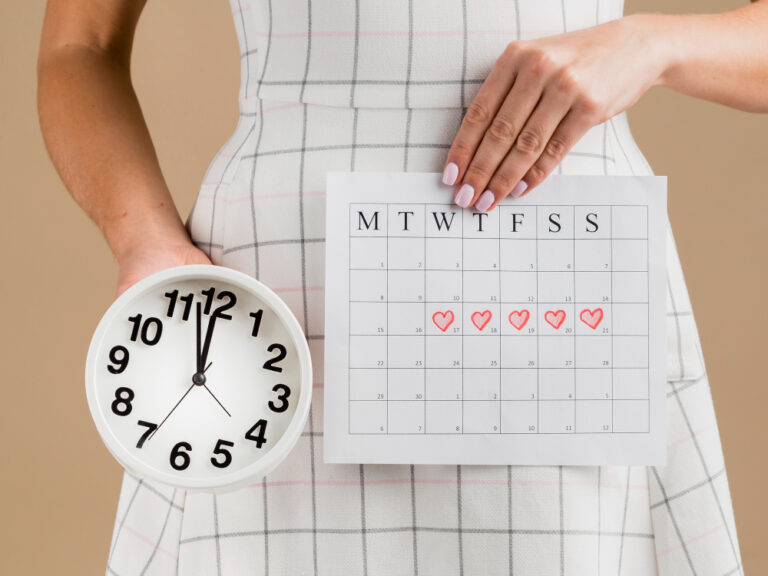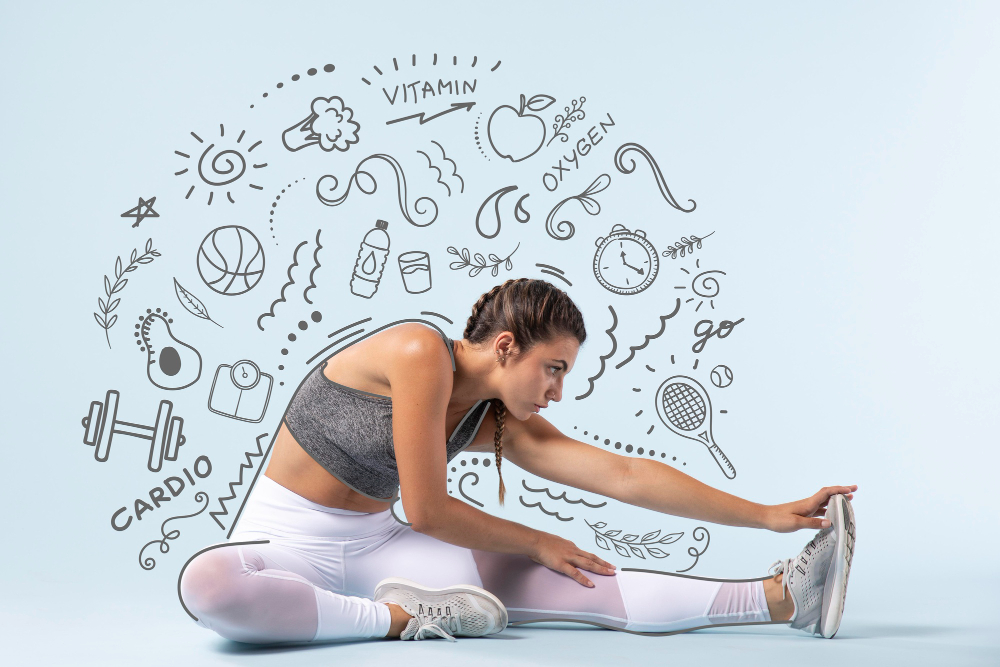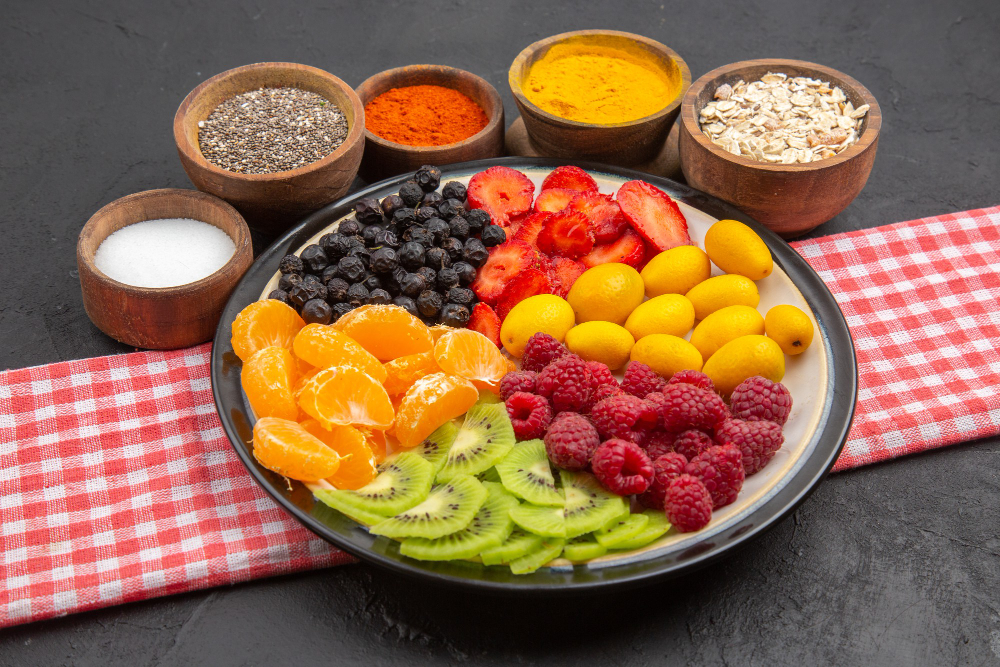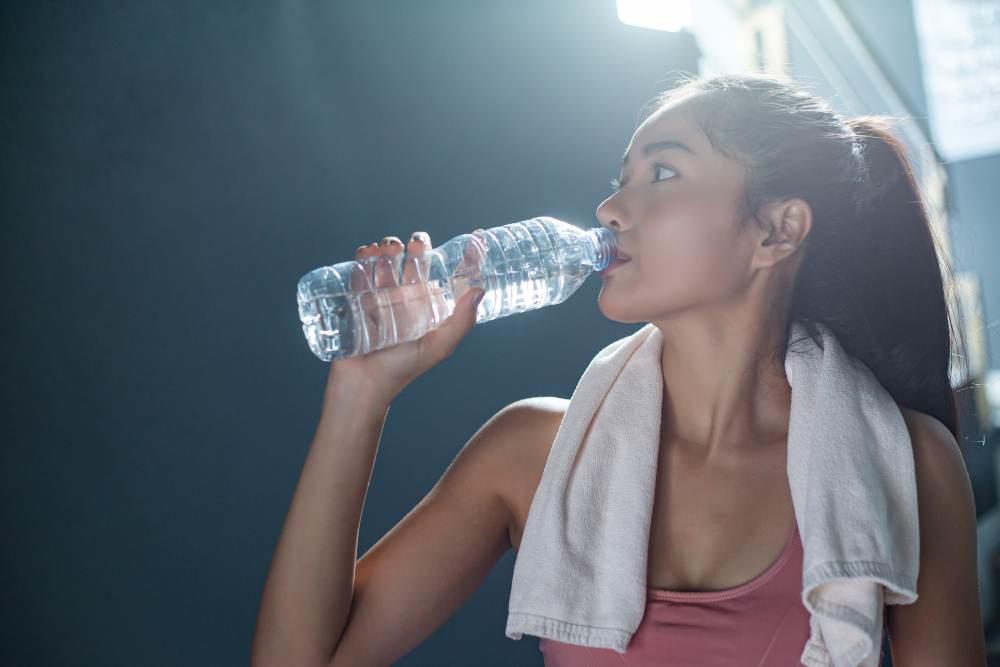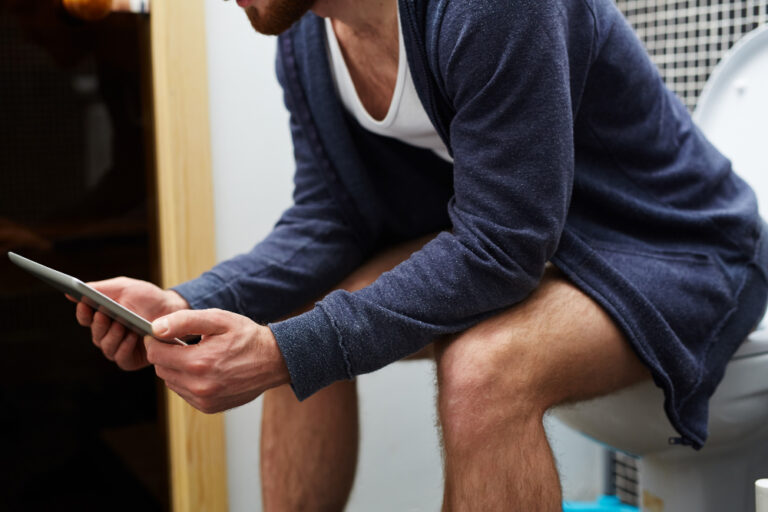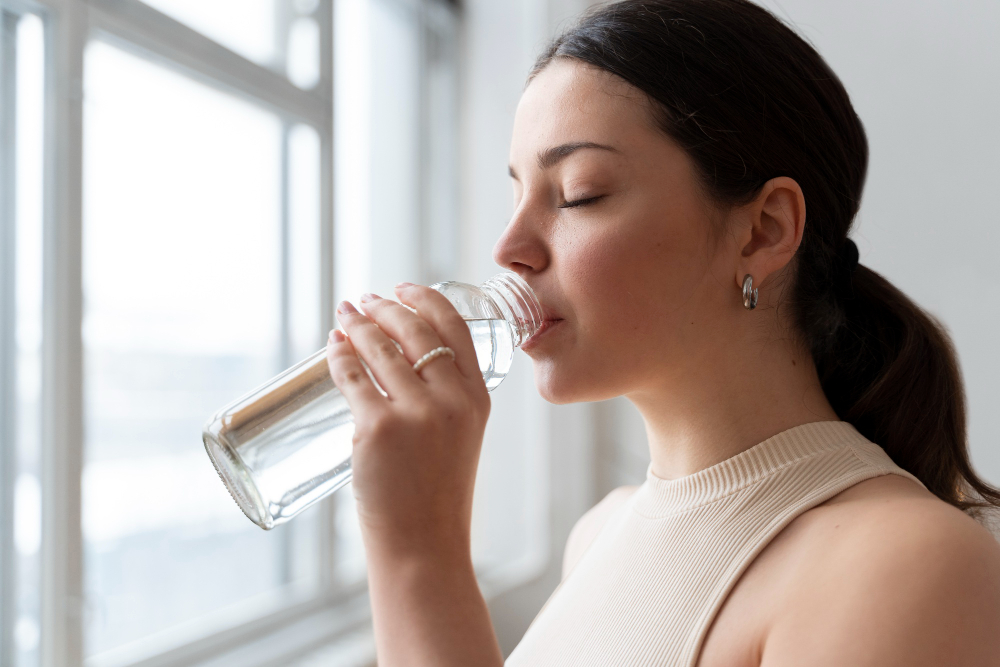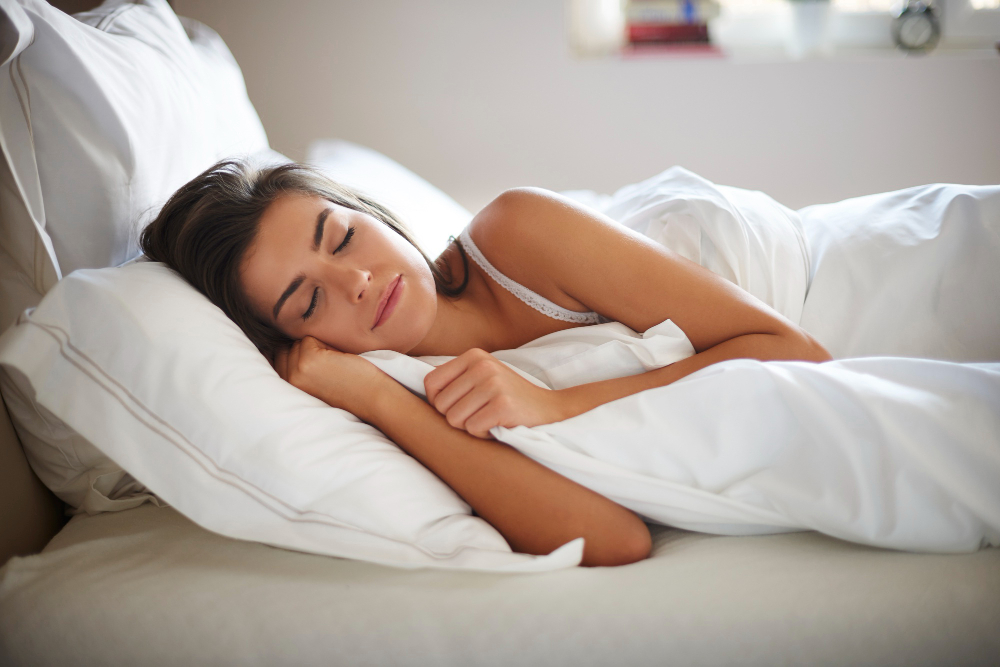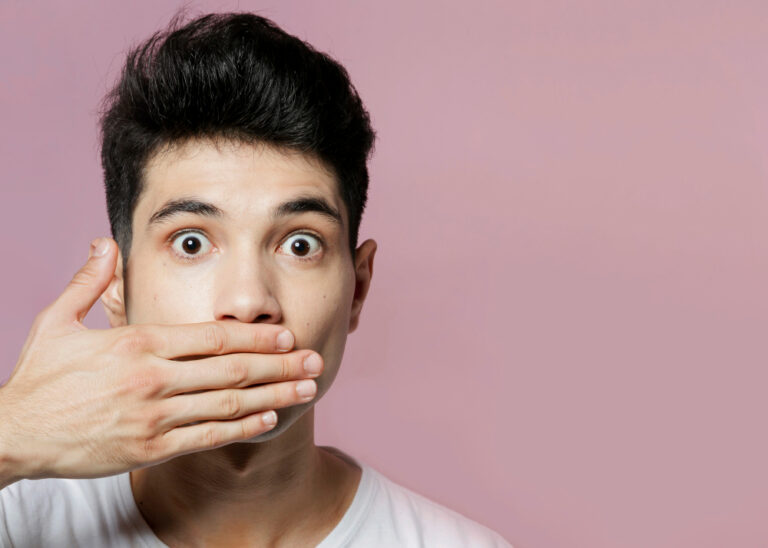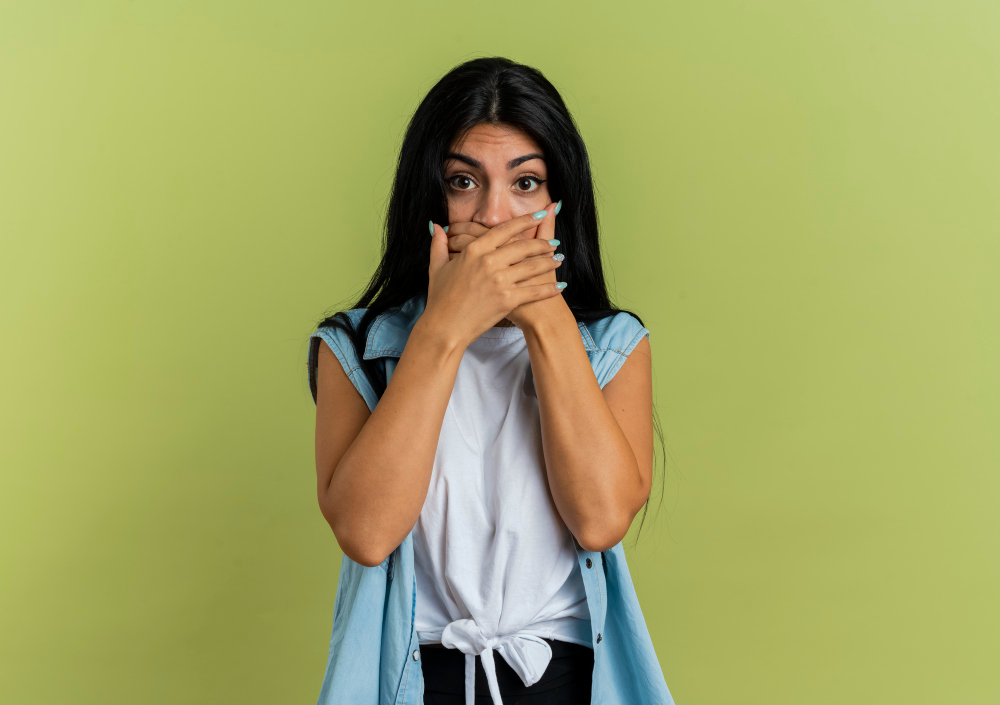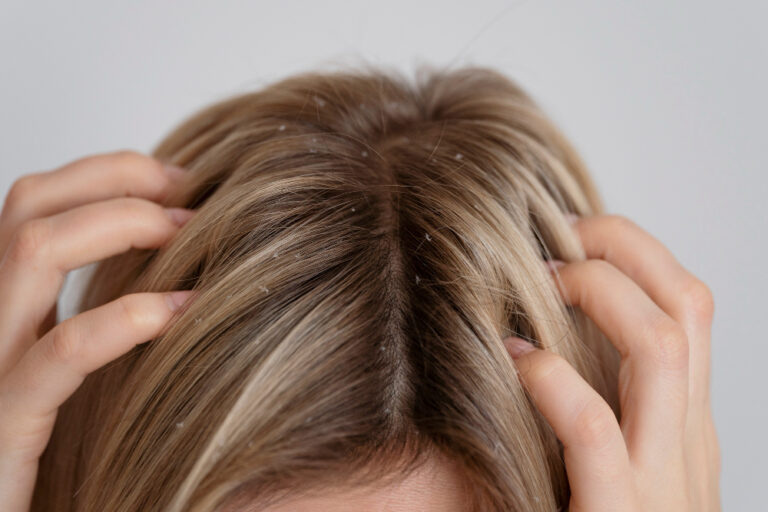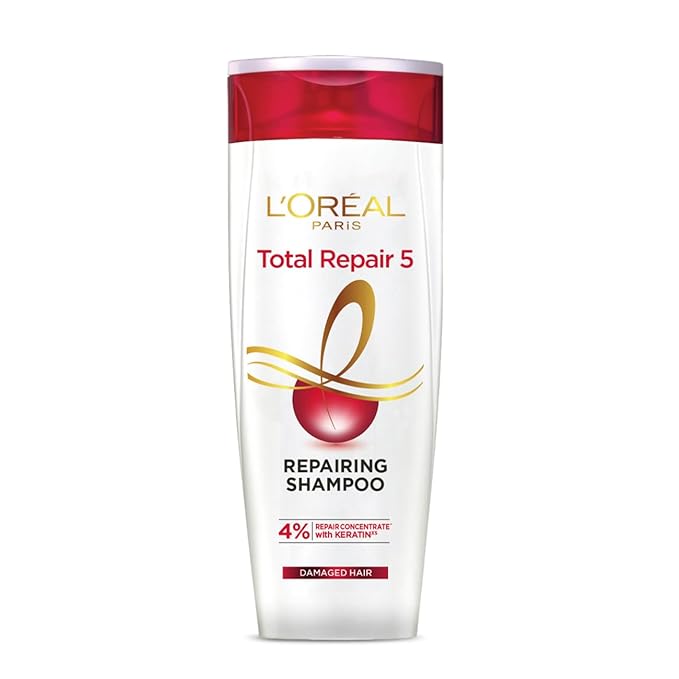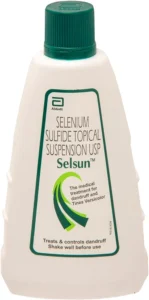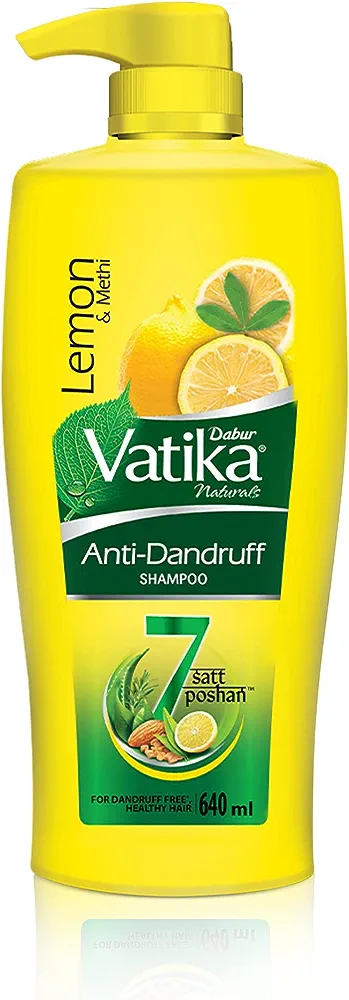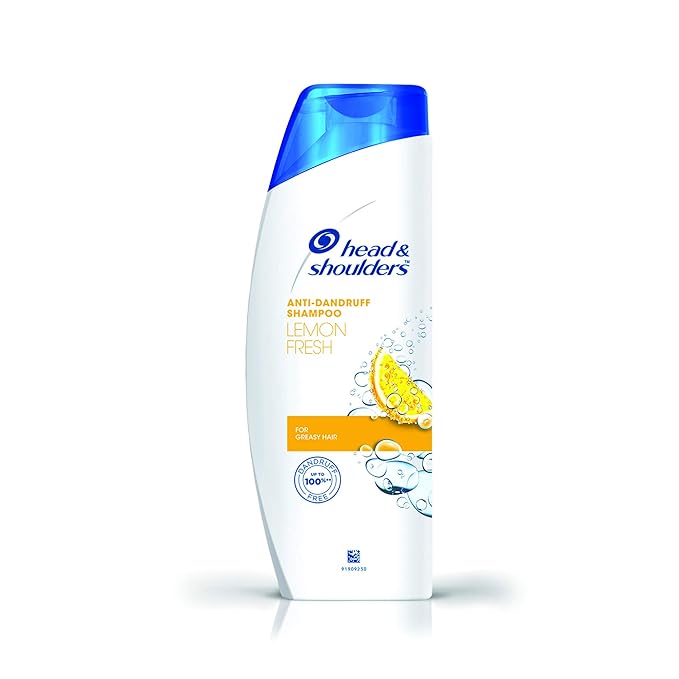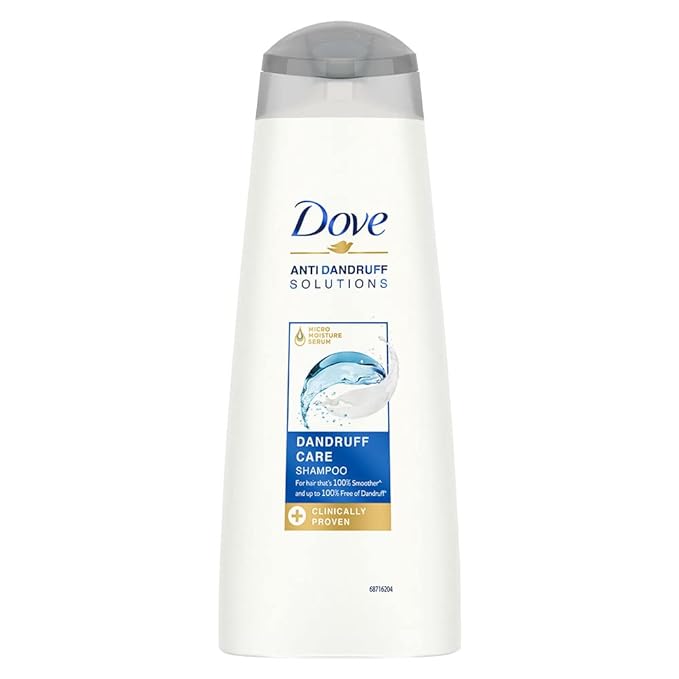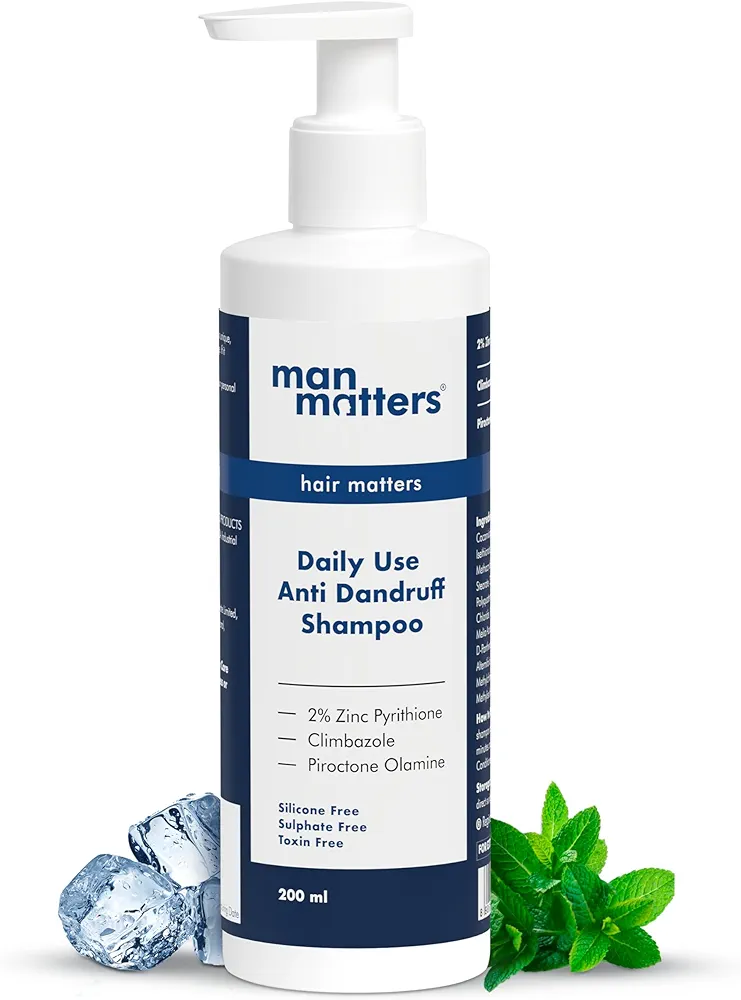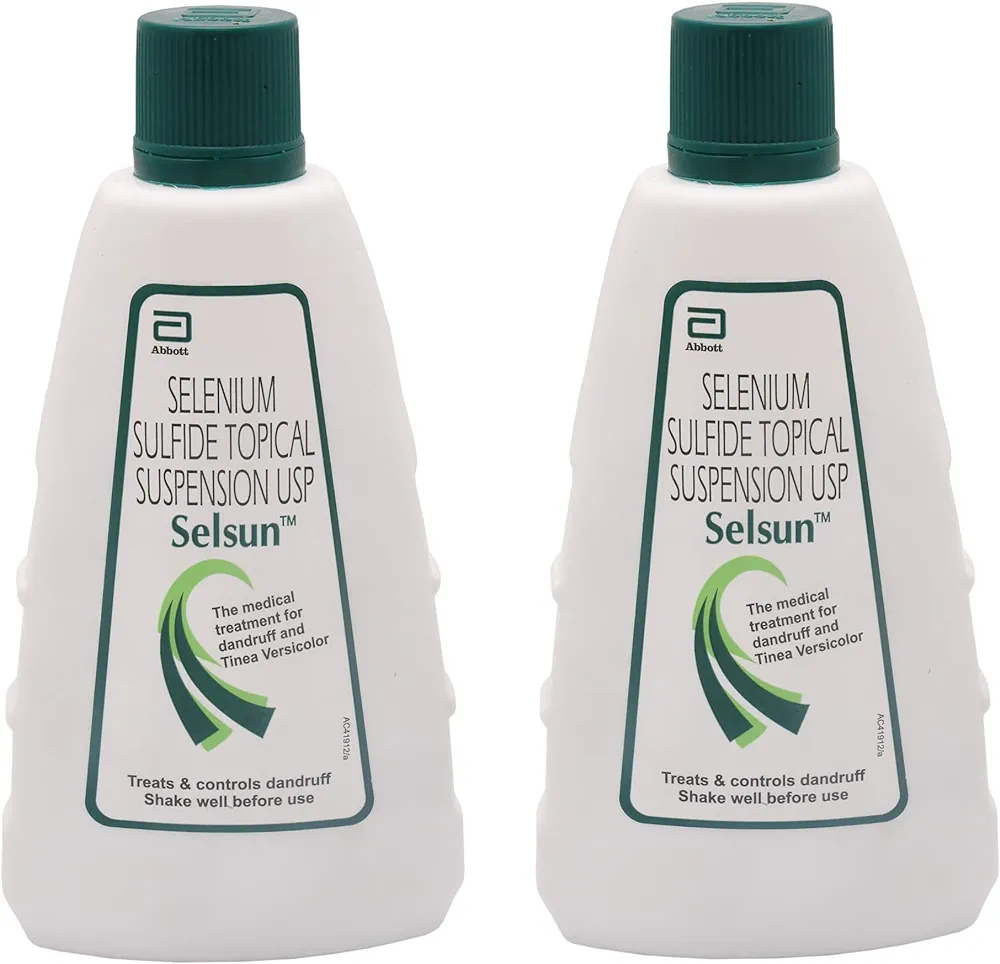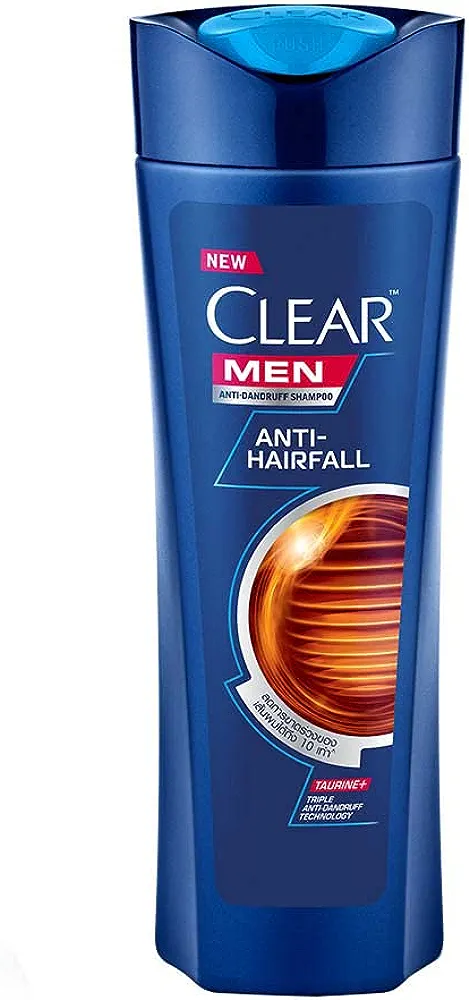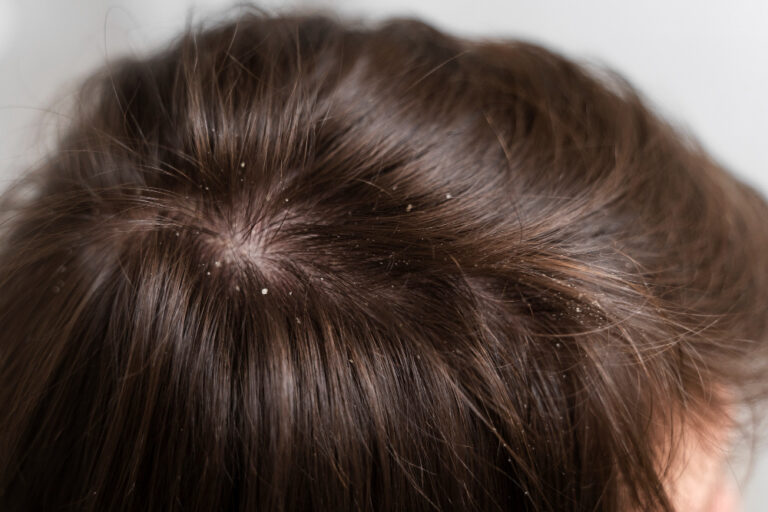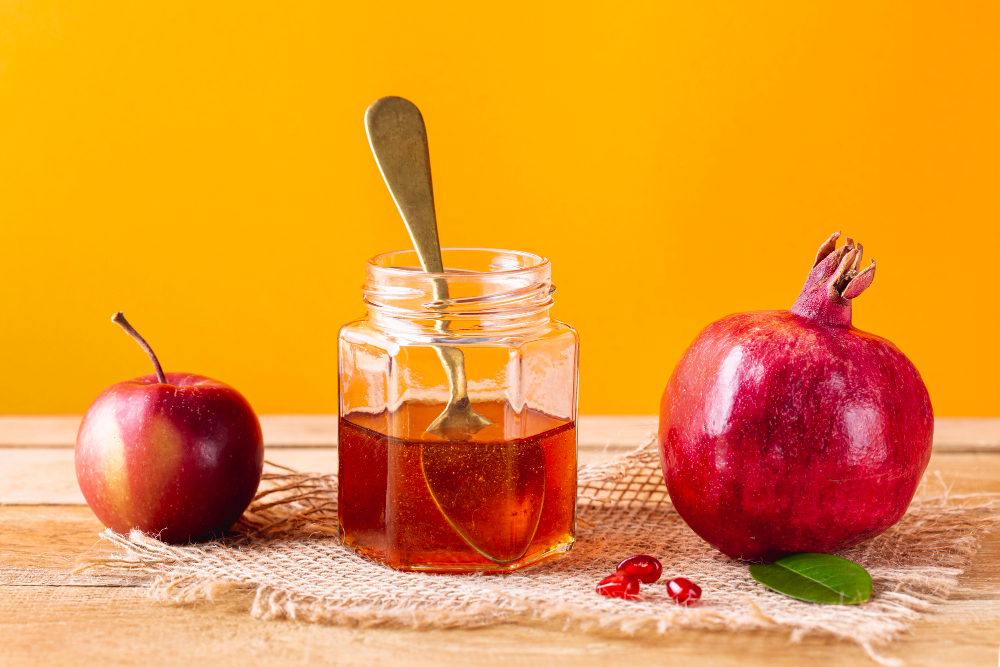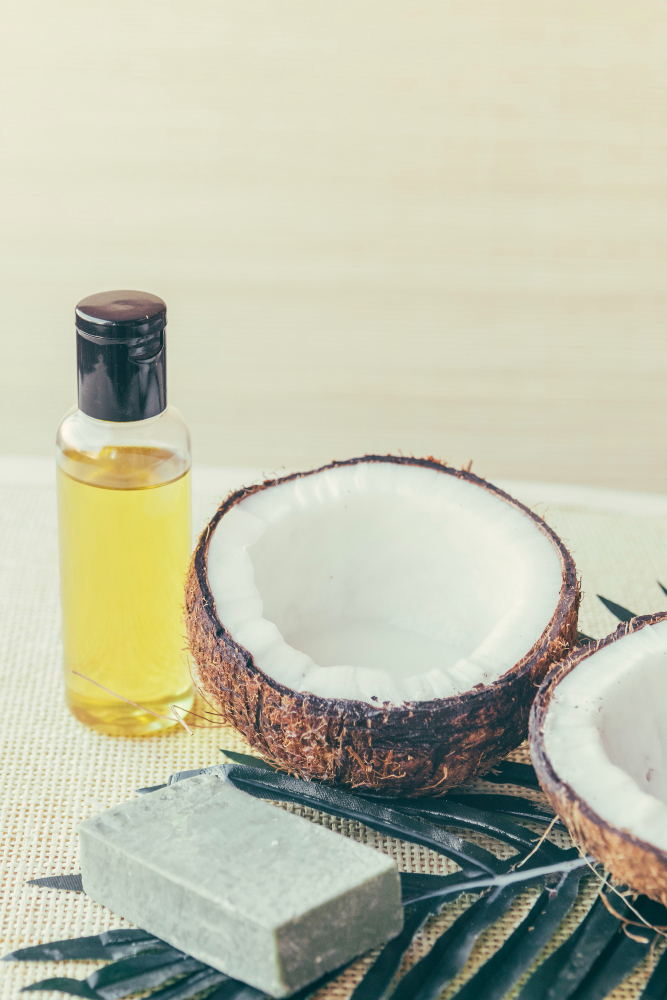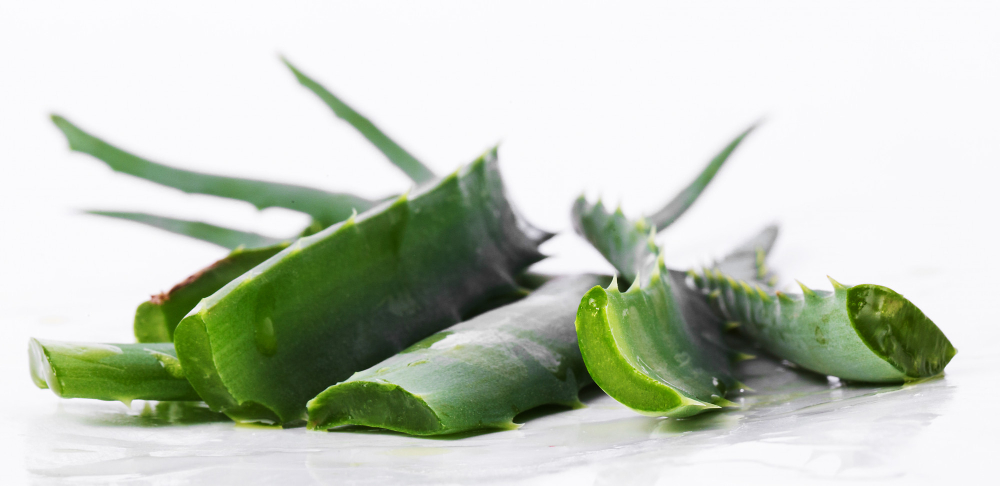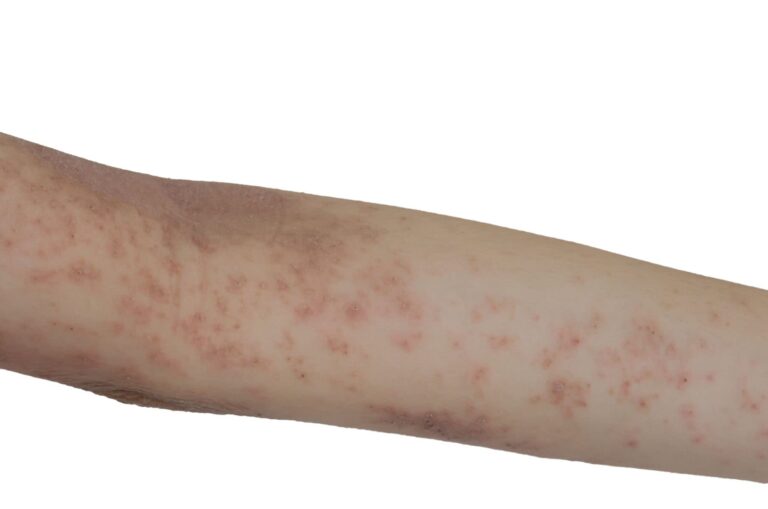In today’s fast-paced world, many people rely on caffeine to help them stay awake and alert throughout the day. Whether it’s in the form of coffee, tea, energy drinks, or even chocolate, caffeine is a widely consumed stimulant that can have both positive and negative caffeine side effects on the body. In this article, we will explore the potential caffeine side effects of consumption and how you can mitigate any adverse reactions.
What are the caffeine Side Effects ?

Caffeine side effects can have various effects on the body, especially when consumed in large quantities. Some common caffeine side effects include:
Insomnia:
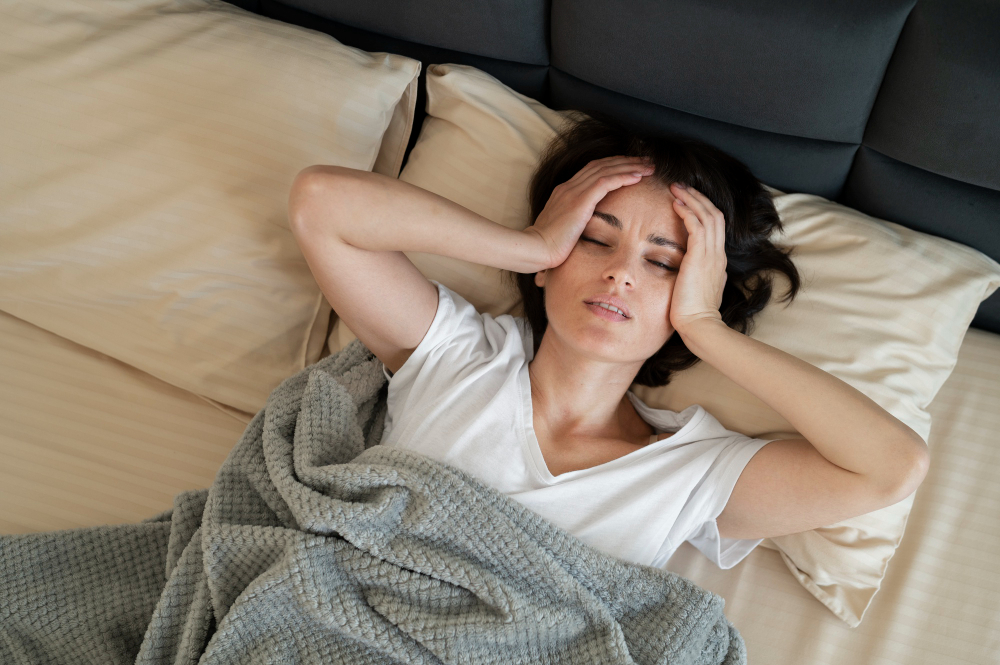
One of the major Caffeine side effects is insomnia, caffeine is known to disrupt sleep patterns, making it difficult to fall asleep or stay asleep throughout the night.
Millions of individuals worldwide suffer from the annoying and debilitating ailment known as insomnia. One common culprit behind sleep disturbances is caffeine side effects, a stimulant found in coffee, tea, and many other beverages and foods.
Caffeine is known to disrupt sleep patterns by interfering with the production of adenosine, a neurotransmitter that promotes sleep. This can make it challenging to fall asleep or stay asleep throughout the night, leading to feelings of fatigue and irritability during the day.
Cutting back on caffeine consumption, especially in the hours leading up to bedtime, may help improve sleep quality and alleviate insomnia symptoms. Pairing this with other relaxation techniques and good sleep hygiene practices can contribute to a more restful and rejuvenating night’s sleep.
Increased Heart Rate:
Consuming too much caffeine can lead to a rapid heart rate, which may be dangerous for individuals with underlying heart conditions.
Anxiety:
Increased heart rate can be a common caffeine side effect. This rapid heart rate can be concerning, especially for individuals with underlying heart conditions. It is important to monitor your caffeine intake and be aware of any signs of an increased heart rate. If you experience a rapid or irregular heartbeat after consuming caffeine,
it is advisable to consult with a healthcare provider, particularly if you have pre-existing heart conditions. Taking steps to limit your caffeine consumption and opting for healthier alternatives can help reduce the risk of experiencing negative effects on your heart rate. Prioritizing your heart health is crucial in maintaining overall well-being and quality of life.
Caffeine side effects another effect is a stimulant that can increase feelings of anxiety and restlessness in some individuals.
For those who are prone to anxiety or already experiencing high levels of stress, consuming caffeine may exacerbate these feelings. It can lead to heightened heart rate, jitters, and difficulty focusing, making it harder to manage anxiety symptoms.
It’s important for individuals with anxiety issues to be mindful of their caffeine intake and consider reducing or eliminating it from their diet to help alleviate some of these symptoms. Making lifestyle changes such as reducing caffeine consumption, practicing relaxation techniques, and getting regular exercise can all contribute to managing anxiety more effectively.
Digestive Issues

: Caffeine can irritate the stomach lining and lead to digestive issues such as heartburn, acid reflux, and stomach cramps.
. These issues can be particularly bothersome for individuals with sensitive stomachs or pre-existing conditions such as gastritis or gastroesophageal reflux disease (GERD). Limiting caffeine intake or opting for decaffeinated alternatives may help alleviate these digestive symptoms. It is essential to listen to your body and make informed choices to maintain digestive health and overall well-being.
Dependency:
Regular consumption of caffeine can lead to dependency, causing withdrawal symptoms such as headaches, fatigue, and irritability when caffeine intake is reduced.
These symptoms can be quite challenging to deal with and may lead to a cycle of dependency on caffeine to alleviate them. It is important to be mindful of your caffeine consumption and to gradually reduce consumption if you are looking to cut back. Seeking support from healthcare professionals or utilizing strategies like reducing intake slowly over time can help manage withdrawal symptoms and break the dependency on caffeine.
How to Manage Caffeine Consumption
If you are experiencing negative side effects from caffeine, there are several strategies you can use to manage your consumption:
Limit Your Intake:
Try to reduce your caffeine intake gradually to avoid withdrawal symptoms.
Stay Hydrated:
Drink plenty of water throughout the day to help flush out caffeine from your system.
Monitor Your Symptoms:
Keep track of how caffeine affects your body and adjust your intake accordingly.
Opt for Decaf:
Consider switching to decaffeinated beverages to reduce your overall caffeine consumption.
Is Caffeine Safe for Everyone?
While moderate caffeine intake is generally considered safe for most people, there are certain individuals who should exercise caution when consuming caffeine, including:
Pregnant Women:
High caffeine intake during pregnancy has been linked to an increased risk of miscarriage and low birth weight.
Individuals with Anxiety Disorders:
Caffeine can exacerbate symptoms of anxiety in individuals with anxiety disorders.
People with Heart Conditions:
Excessive caffeine consumption can be dangerous for individuals with heart conditions, as it can trigger irregular heart rhythms.
Conclusion
In conclusion, while caffeine can provide a temporary energy boost, it is important to be aware of the potential side effects associated with its consumption. By monitoring your caffeine intake, staying hydrated, and listening to your body’s signals, you can enjoy the benefits of caffeine while minimizing the risks. Recall that the key to caffeine usage is moderation. Learn about the potential caffeine side effects of consumption and how to manage them effectively. Stay informed to make healthier choices for your body.
By following these tips, you can enjoy your daily cup of coffee or tea without experiencing the negative side effects that excessive caffeine consumption can bring. So, next time you reach for that extra shot of espresso, remember to do so mindfully and in moderation. Your body will thank you for it!
FAQ’s
What are the bad effects of caffeine?
Consuming excessive amounts of caffeine can lead to several negative effects on the body. Some of the common side effects include increased heart rate, jitters, anxiety, and difficulty sleeping. Overconsumption of caffeine can also cause headaches, digestive issues, and dehydration.
Long-term effects of caffeine abuse may include dependence, withdrawal symptoms such as irritability and fatigue, and an increased risk of developing high blood pressure or heart problems. It is important to be mindful of your caffeine intake and to listen to your body’s cues to avoid these negative consequences. It is recommended to limit caffeine intake to a moderate level to prevent these harmful effects on your health.
Who should avoid caffeine?
Certain individuals should avoid caffeine or limit their intake. Pregnant women are advised to reduce caffeine consumption to prevent adverse effects on the developing fetus. People with anxiety disorders may experience increased jitteriness and anxiety symptoms with caffeine consumption.
Those with insomnia should avoid caffeine, as it can disrupt sleep patterns and worsen sleep quality. Individuals with certain medical conditions like acid reflux, irritable bowel syndrome, or heart conditions may find that caffeine exacerbates their symptoms. Moreover, children and adolescents are cautioned against consuming large amounts of caffeine as it can affect their developing brains and lead to issues like hyperactivity. It is essential for these groups to be mindful of their caffeine intake to prioritize their health and well-being.
Is caffeine healthy?
The health effects of caffeine have been a topic of debate for many years. While moderate consumption of caffeine can provide benefits such as increased alertness and improved focus, excessive intake can lead to negative side effects like insomnia, anxiety, and increased heart rate. It is important to be mindful of individual tolerance levels and to consume caffeine in moderation.
Some studies suggest that caffeine may have potential health benefits, such as reducing the risk of certain diseases like Parkinson’s and Alzheimer’s. Ultimately, the key to determining whether caffeine is healthy lies in moderation and listening to your body’s response to its consumption. Consulting with a healthcare professional can also provide personalized guidance on caffeine intake based on individual health concerns.
Is caffeine bad for kidney?
Coffee, tea, and many other drinks and foods contain caffeine, a stimulant. It is often a topic of discussion when it comes to kidney health. While moderate caffeine consumption is generally considered safe for most people, excessive intake may have negative effects on kidney function.
Caffeine can increase blood pressure and lead to dehydration, which can put strain on the kidneys over time. However, individual tolerance to caffeine can vary, and some people may be more sensitive to its effects on the kidneys than others. It is important to maintain a balanced diet and stay hydrated to support kidney health, and if you have concerns about caffeine consumption, consulting with a healthcare provider can provide personalized guidance.
Read more: https://voiceoffolks.com/health/how-to-increase-blood-pressure-naturally/


